UK is on course to open trade talks with the EU next week after Jean-Claude Juncker and Theresa May confirmed a divorce deal has been reached, including on the Irish border row.
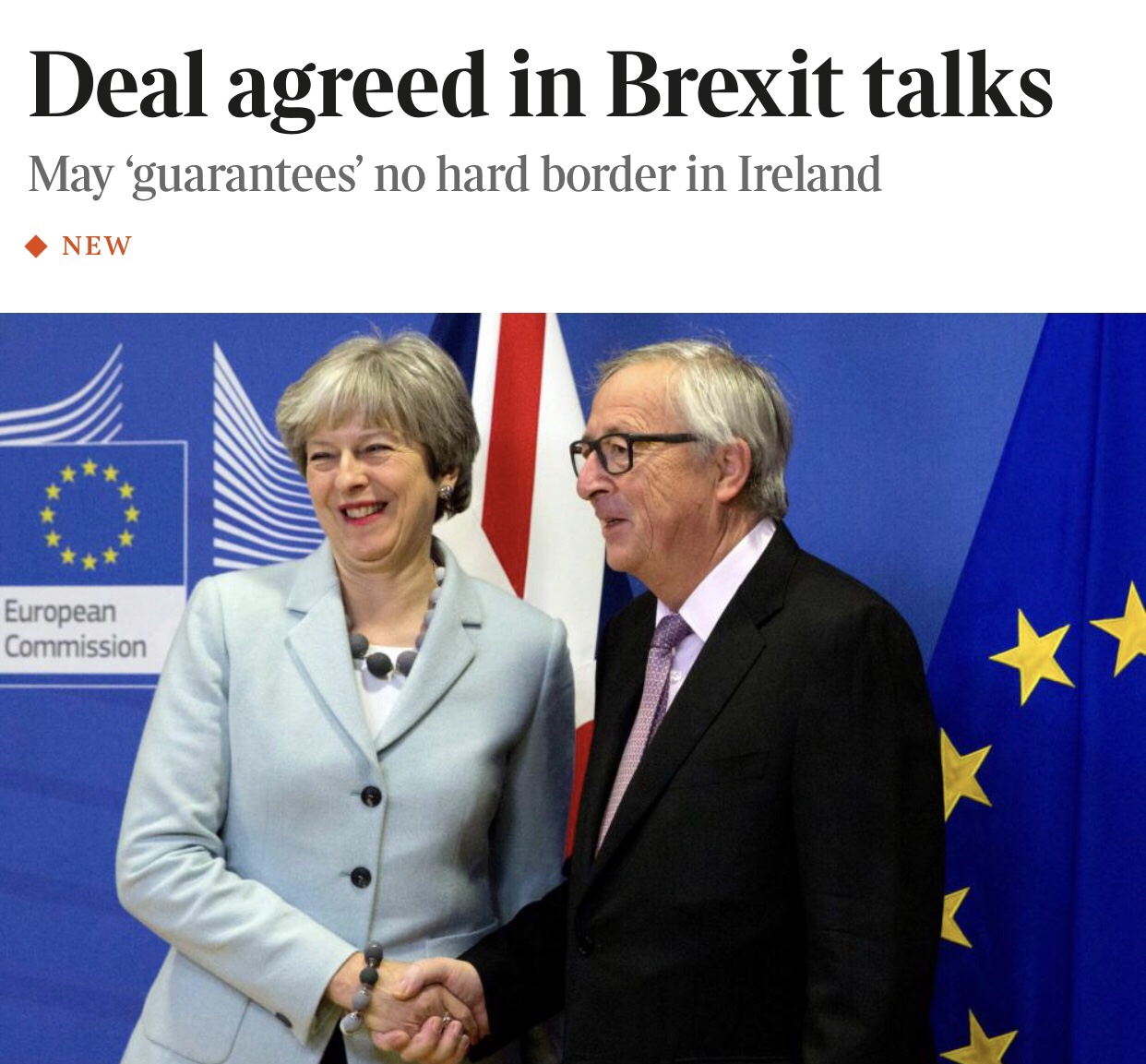
At an upbeat and conciliatory press conference at the EU Commission’s headquarters this morning the pair said that both sides had made compromises in order to clinch an agreement.
The PM and Mr Juncker looked relaxed and in good spirits as they briefed the press and said the pact would guarantee security for businesses and citizens on both sides of the Channel.
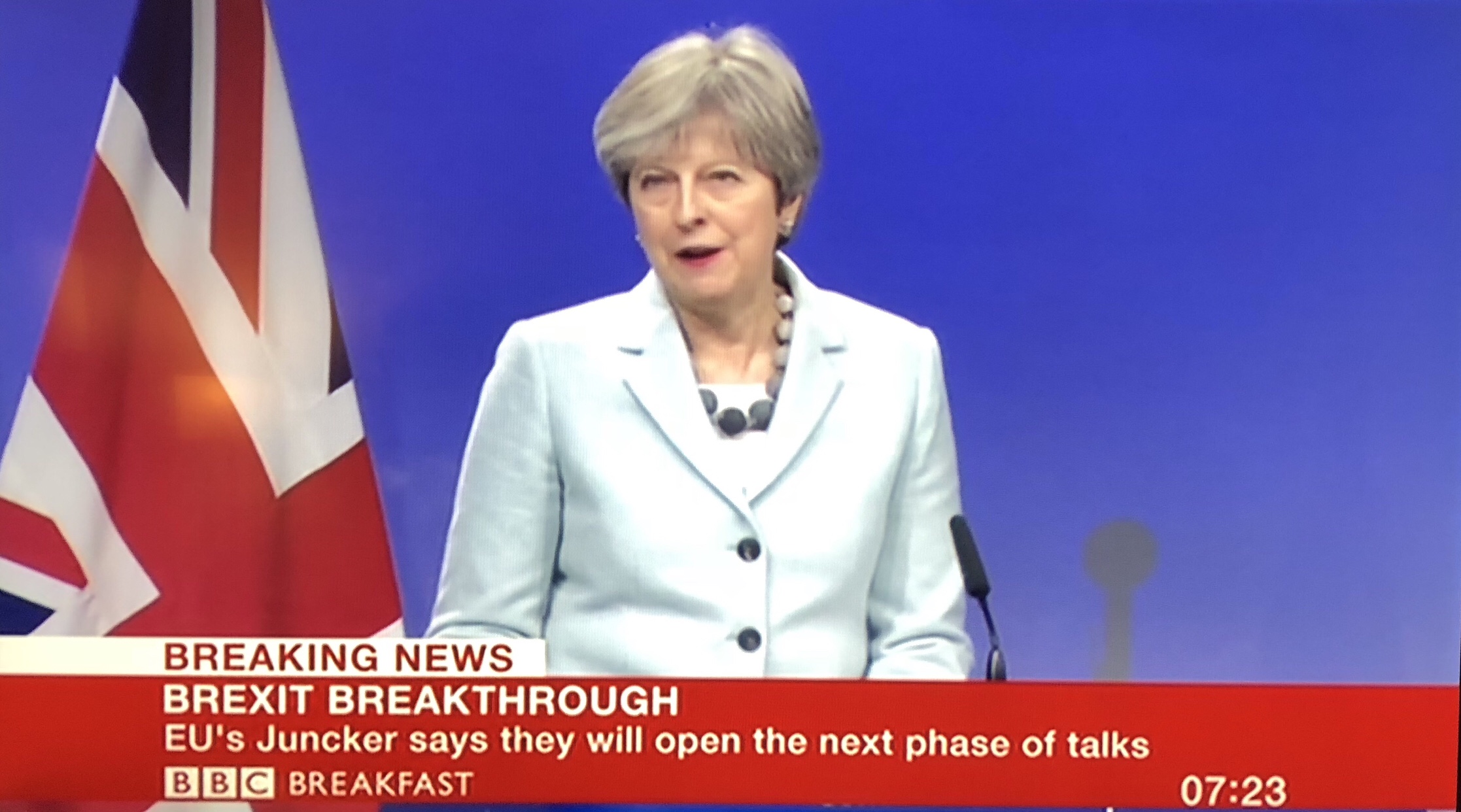
Negotiators have now published the full text of the agreement, which Mrs May said her DUP partners had agreed to back after “significant improvements” were made.
The new text was cobbled together following a series of frantic phone calls between the prime minister, the Commission chief and Irish Taoiseach Leo Varadkar throughout this week.
Mr Juncker said: “Prime Minister May has assured me that it has the backing of the UK Government. The Commission has just formally decided to recommend to the European Council that sufficient progress has been made on the terms of the divorce.
“Today’s result is of course a compromise. As in any negotiation both sides had to listen to each other adjust their position and show a willingness to compromise. It is a result of a long and tense discussion between the Commission negotiators and those of the UK.
“I am hopeful, confident, sure that the member states will share our appraisal and allow us to move to the next phase of the negotiations.”
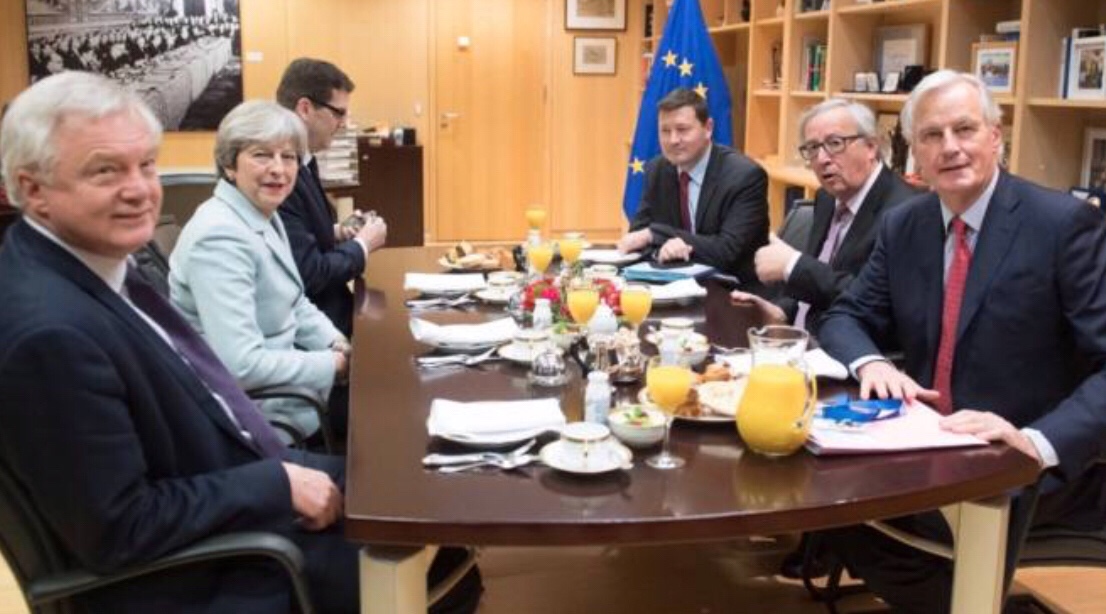
On Brexit, he added: “I will always be sad about this development but now we must start looking for the future, the future in which the UK will be and will remain a close friend and ally.
“The Prime Minister and I discussed the need for a transition period and we dedicated much of our meeting to the joint vision for a deep and close partnership.
“It’s crucial for us all that we keep working closely together. We will take things one step at a time…but today I’m hopeful that we are all now moving towards the second phase of these challenging negotiations and we can do this jointly on the basis of renewed trust, determination and with the perspective of a renewed friendship.”
Mrs May told reporters the new text represents a “significant improvement” on the draft rejected by the DUP on Monday. She said the agreement had required “significant give and take” and was “in the best interests of the whole of the UK”.
She said: “This was a question of coming together and working together for agreements that were in the best interests of either side. I hope and expect we will be able to get the endorsement of the 27 to what is a hard won agreement in all of our interests.
“I believe it’s a matter of trust and integrity in politicians for people to be able to trust that their politicians will put into place what they have determined and that’s exactly what we’re doing and we will be leaving the European Union.”
Source: The Express
For the moment I am almost every week in London for different meetings related to Brexit.
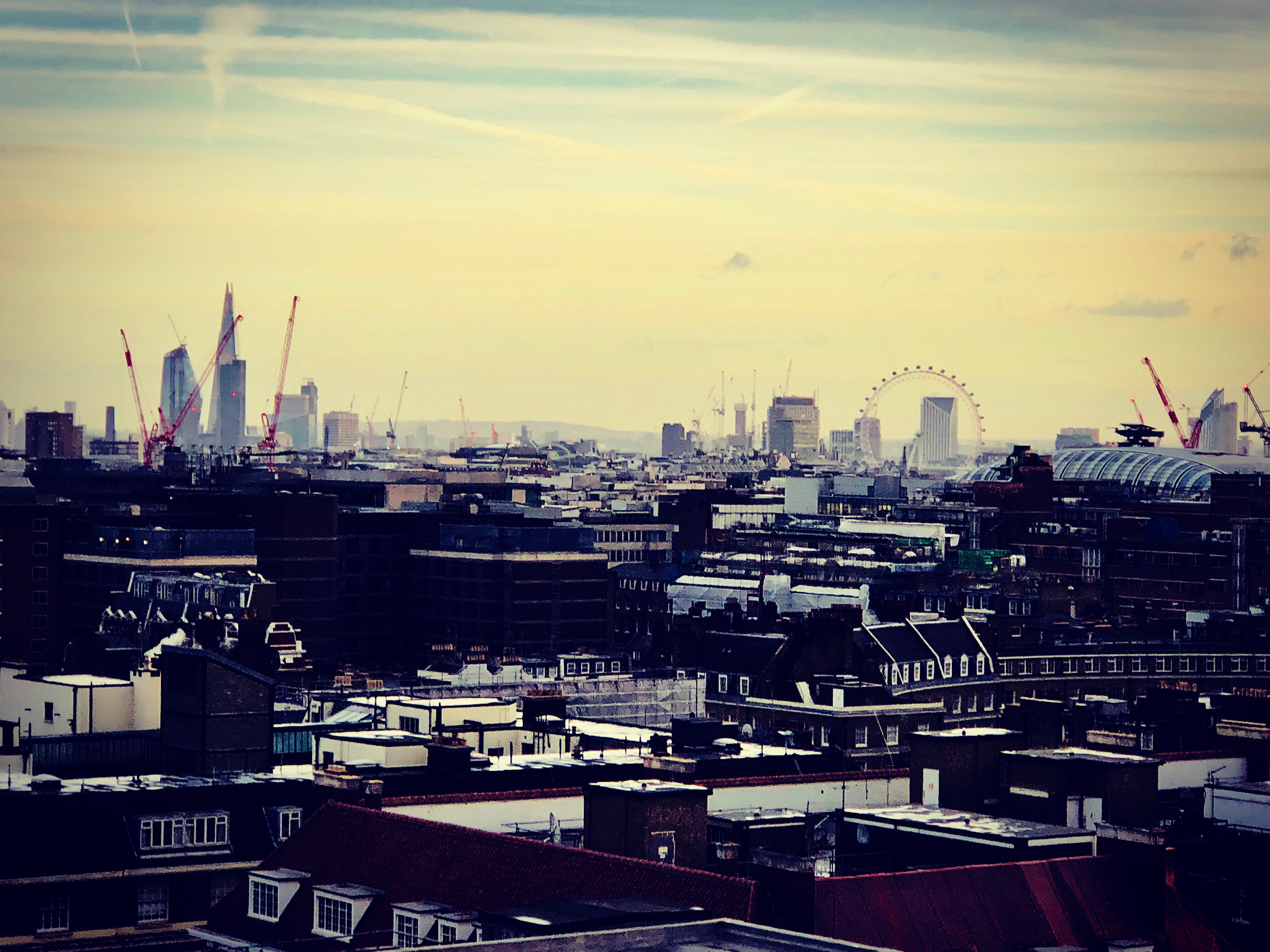
There are so much to do when a huge economy like United Kingdom becomes the first nation leaving a fullt integrated Customs Union and the EU Customs territory.
There are still politicians and other people that claims that UK can have almost the same situation as before, with open borders and free movement of goods. That this is a matter of negotiations. This is naturally not true. You can’t be inside and outside a Customs Union and its Customs territory at the same time. When you leave, you leave.
And when you leave a Customs territory there will be Customs and Border formalities for various reasons.
Now we have a Brexit deal saying there will be no hard border and this is good. It is also possible.
For those who wonder how? I have three words for you; Read My Report!
Yesterday KGH held our first of may BREXIT Talks for a group of VIP clients in Stockholm.
The seminar, ‘Inside BREXIT’ was held at Waterfront in central Stockholm for Swedish multinationals like; AstraZeneca, BillerudKorsnäs, Ericsson, H&M, IKEA, Sandvik, Scania, Volvo and more.
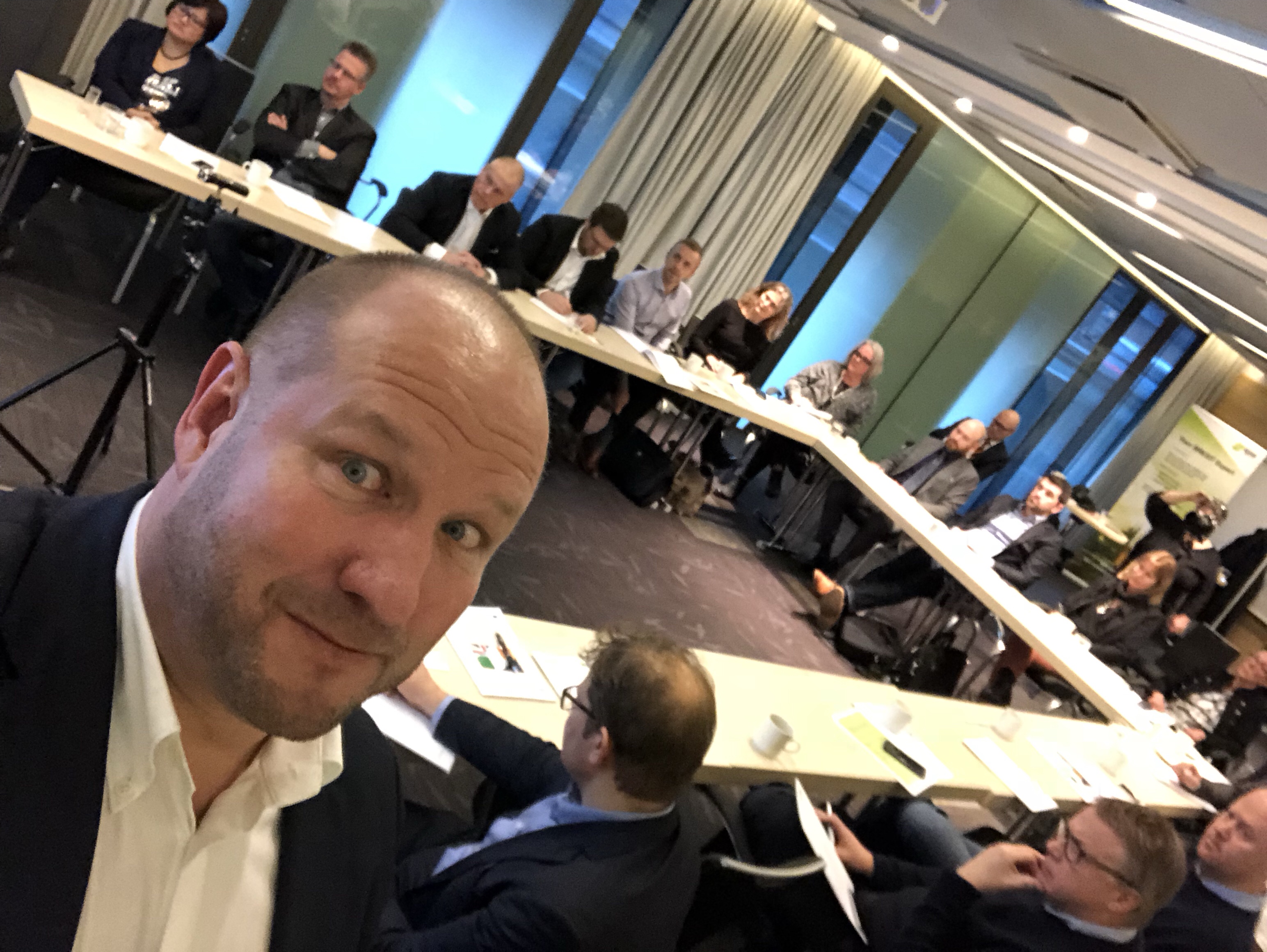
We will continue to arrange BREXIT Talks and webinars in 2018 all over Europe.
I have worked with BREXIT related matters for more thanbyear and I have done Advisory work to both UK and EU Institutions.
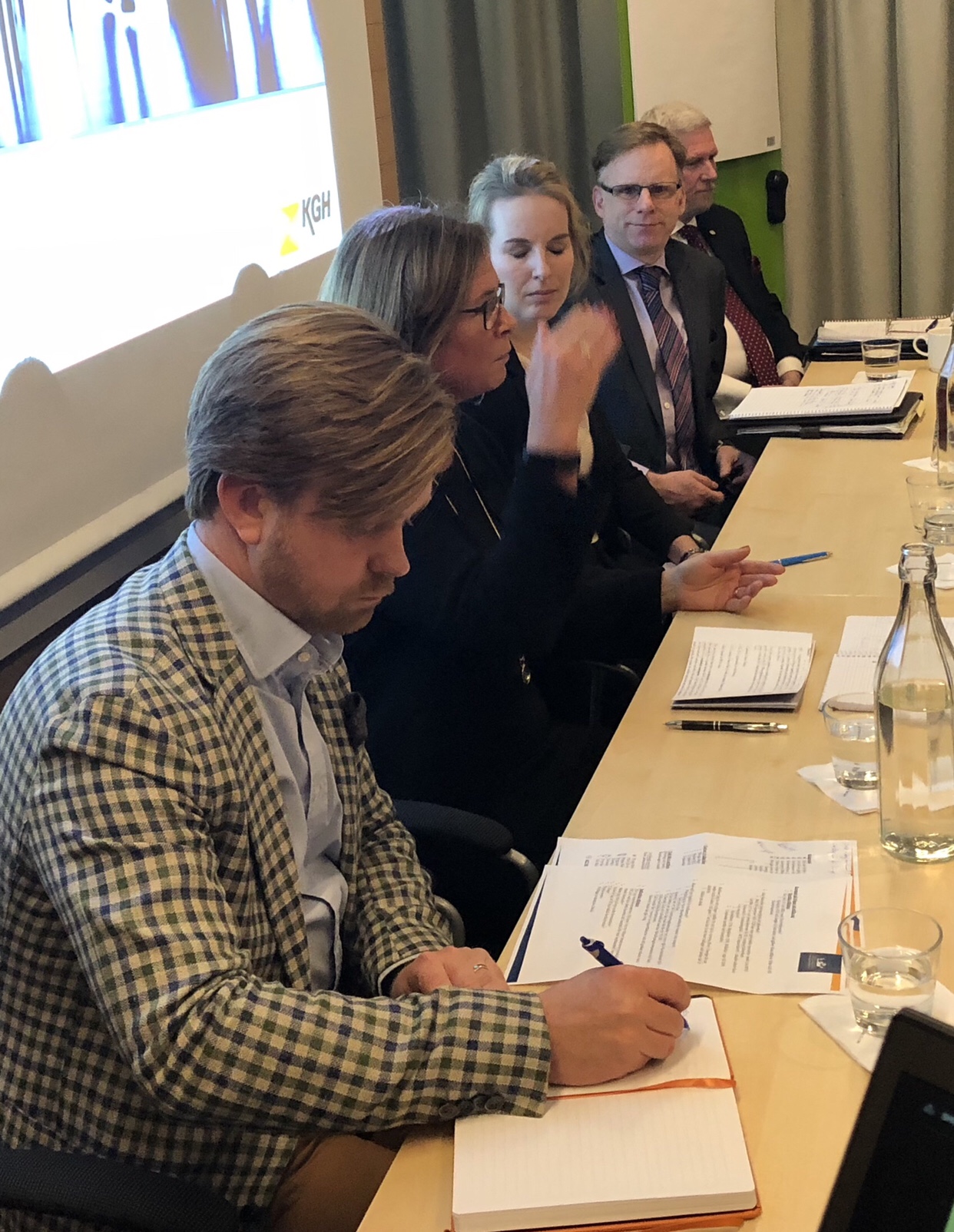
Last week I presented my academic BREXIT research report on a potential border solution to the European Parliament Constitutional Committee.
In addition, we in KGH have experts on the ground in UK working full time on BREXIT.
At the BREXIT Talk Seminar we had speakers from Swedish Government, Ministry Of Foreign Affairs, National Board of Trade, Chamber of Commerce but also UK BREXIT experts, including my good friend Dr. Andrew Grainger, Trade Facilitation Expert from University of Nottingham.
We had a very intersting interactive panel discussion about how compakies can start to plan and prepare already today for BREXIT. We will publish the outcome on the KGH website,
At the BREXIT Talk we also launched the KGH BREXIT Package with BREXIT Analysis and other services. Please check out our website for more information shortly,
Everybody at the seminar agreed on one thing, it is time to plan and prepare now.






You must be logged in to post a comment.